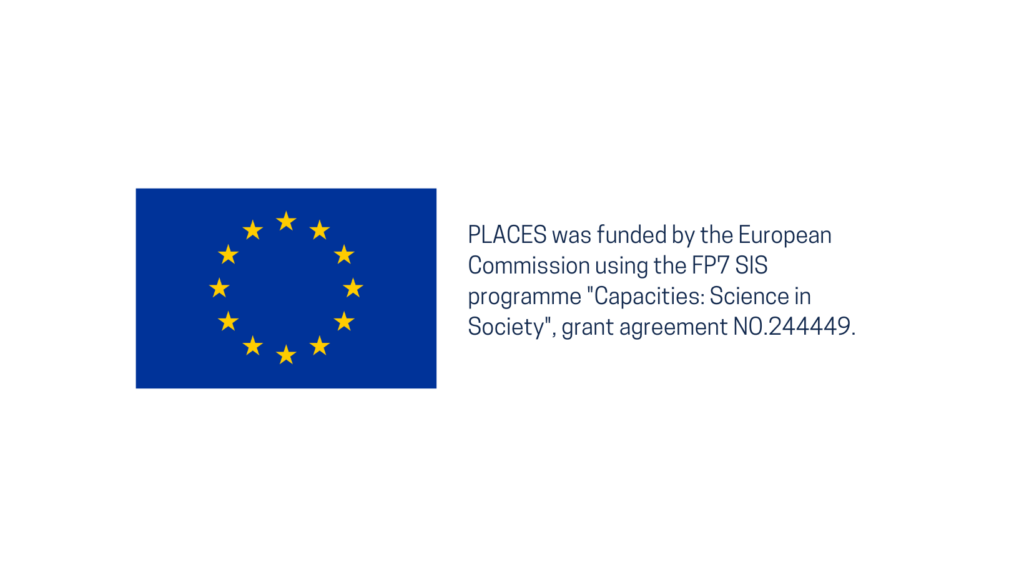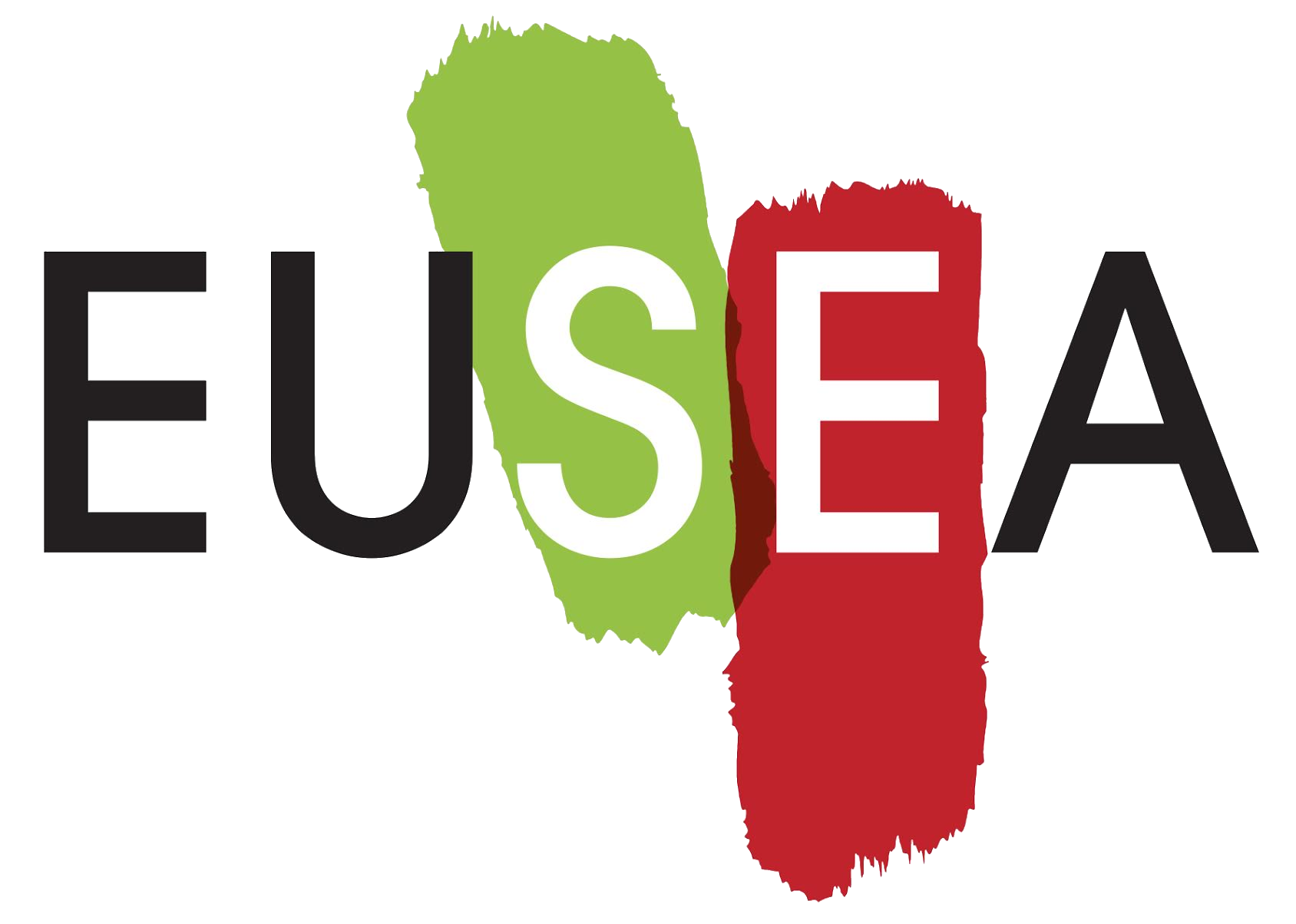2022-2026
Projects

IMPETUS will support and give recognition to citizen science (CS) by enabling a wider range of citizen science initiatives (CSIs) to access innovative funding, through an accelerator programme and the EU Prize for CS. We aim to bring CS closer to society and policymakers and to acknowledge its role in tackling the greatest challenges of our times. We will have a strong focus on enhancing its contributions to the Green Deal and the UN SDGs.
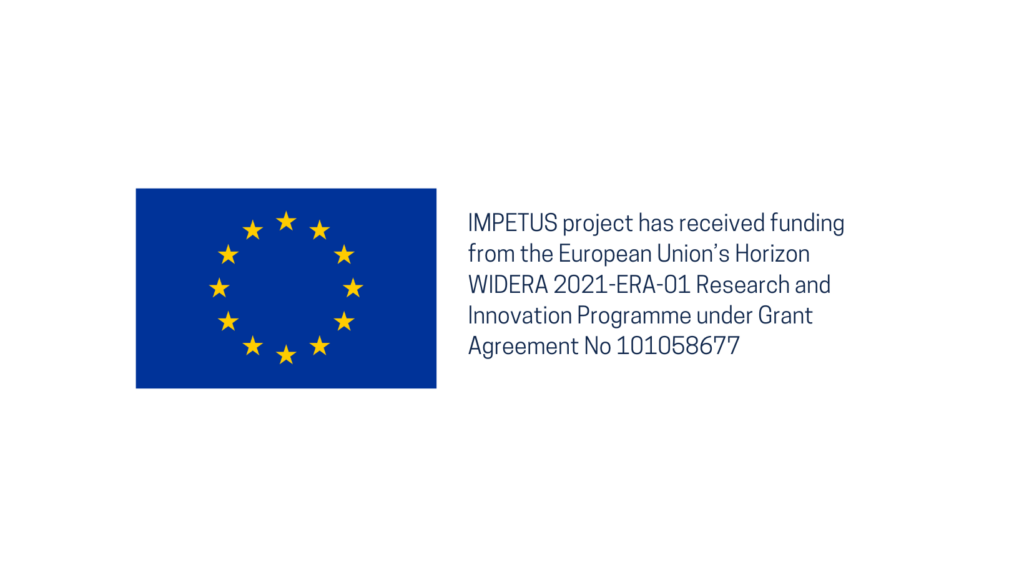
STEP CHANGE will implement five Citizen Science Initiatives (CSIs) in the fields of health, energy and environment. The CSIs will tackle the issues of wildlife conservation in Slovenia, non-alcoholic fatty liver disease in the UK, energy communities in Germany, infectious disease outbreak preparedness in Italy, and off-grid renewable energy in agriculture in Uganda.
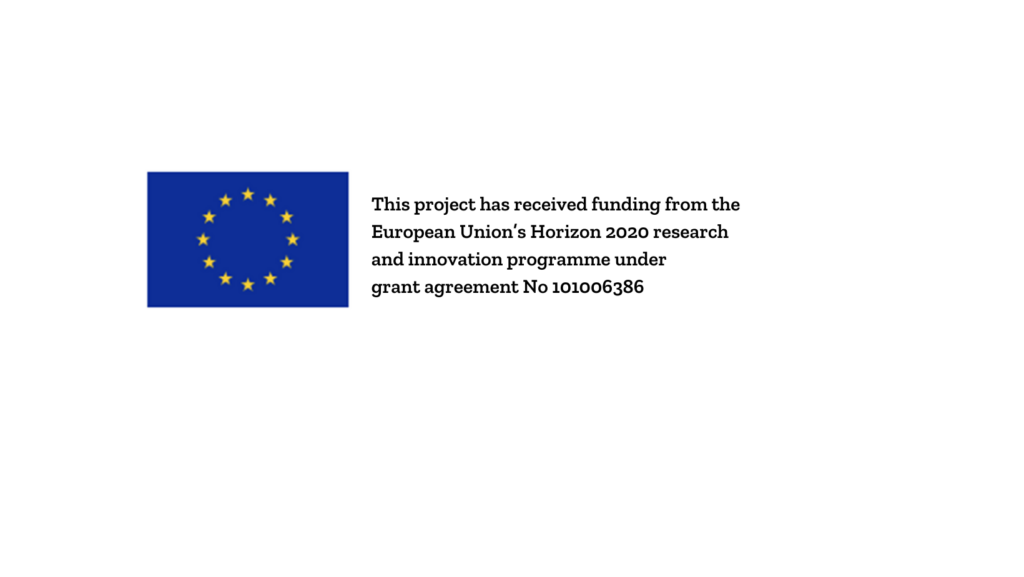
ResBios will draw on the expertise of 12 partners from 11 countries to bring sustainable institutional changes into biosciences research.
ResBios will embed Responsible Research and Innovation-RRI- practices within four universities and research institutions in the field of Biosciences in 4 European countries, through the implementation of RRI Grounding Actions, to achieve sustainable institutional changes.
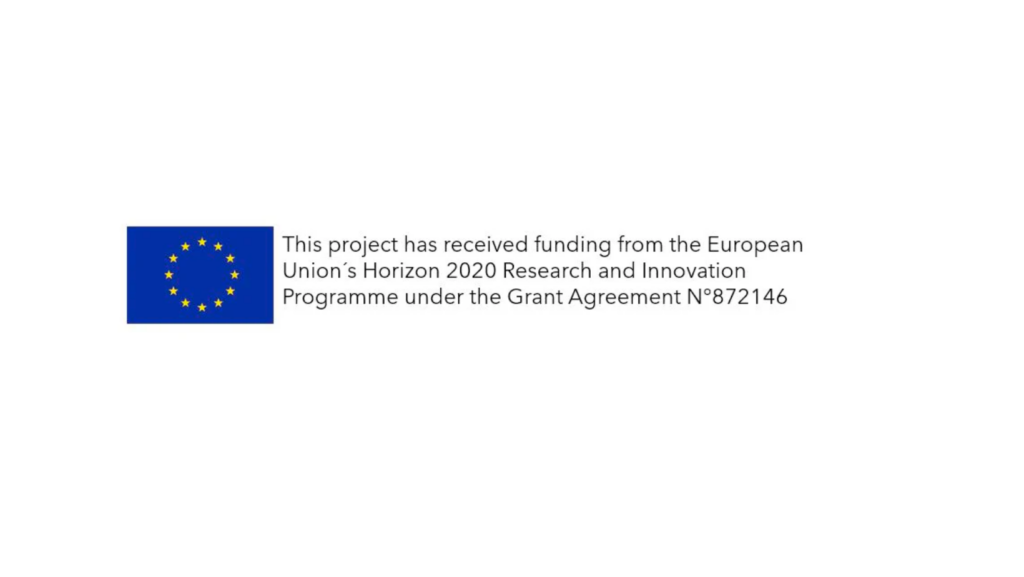
The OurSpace project aims to bring the space to the classroom, boosting the interest of students in space-related careers.
The project will develop a set of activities, methodologies and tools to help teachers and their students reach the stars together. Gathering 8 organisations from 6 European countries, led by Cardiff University, the project aims to inspire students, so they aspire to consider a space-related career in their future professional development.
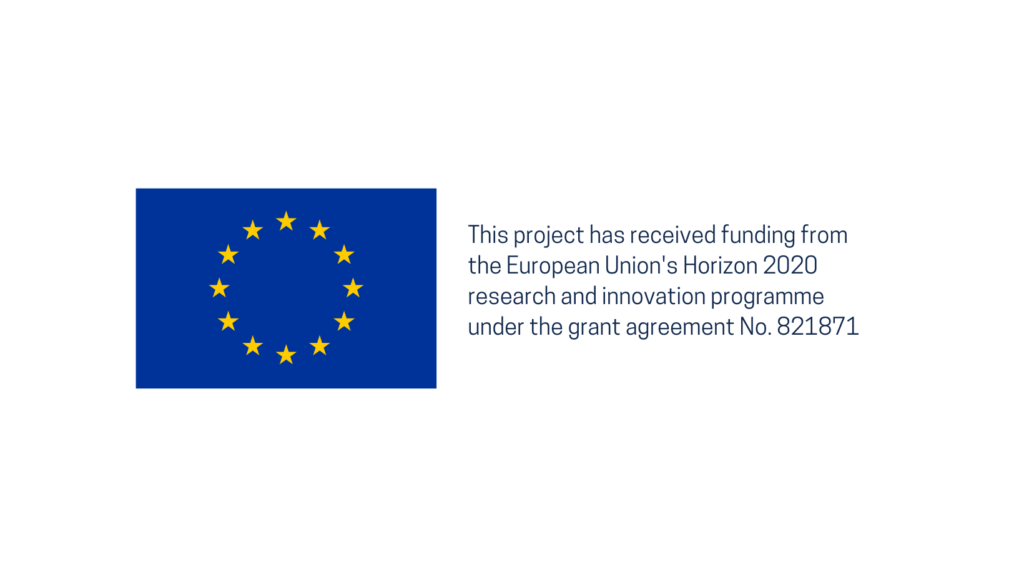
The NUCLEUS project is investigating how to make Responsible Research and Innovation (RRI) a reality in universities and research institutions.
The project developed an Implementation Roadmap for RRI, and an evaluation of the Roadmap’s performance in practice in 10 universities.

The SUSTAIN project aims to engage pupils and their families in research projects – what is known as citizen science – on bird migration and water management.
The project members – researchers, school teachers, science education providers and experts in science communication – will form a community of learners (CoL) and will develop e-learning modules on a topic relevant to the region. These will be made available to other schools in the third and final year of the project. At the end of the project, each of the three countries will host a science festival to reach a wide audience.

The PERFORM project aimed to develop young people’s conceptions and awareness of science, scientists and scientific research.
During three years, PERFORM conducted participatory action research with around 3000 secondary school students, 100 teachers and 100 early career researchers in three piloting countries (France, Spain and the UK) to analyse the impact of researchers’ interaction and drama-based techniques when learning science on students’ views of science and their motivations for studying STEM careers. A toolkit for teachers, researchers and policy makers is available on the website.
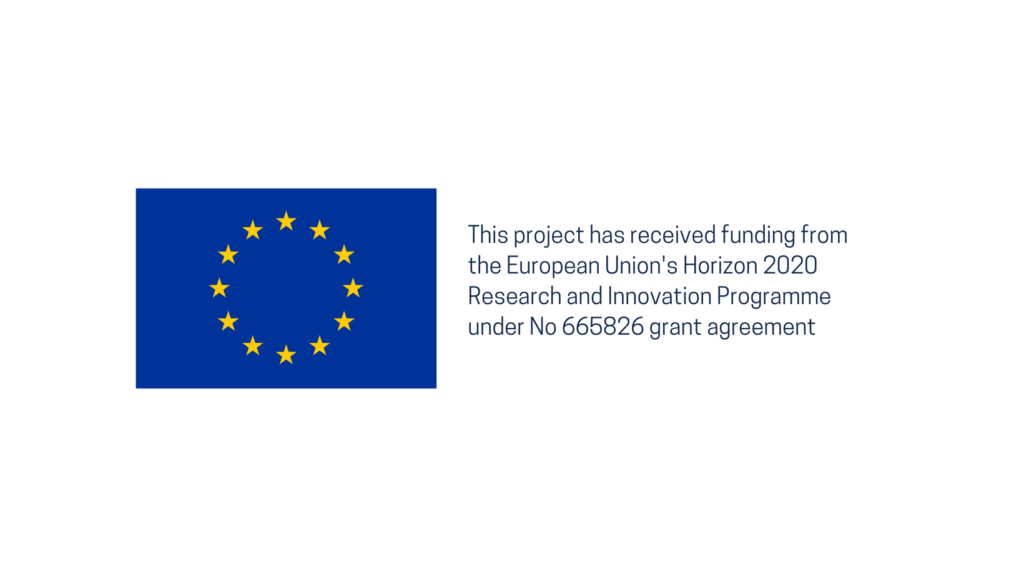
Platform of Local Authorities and Communicators Engaged in Science.
The project PLACES was all about science communication policies in cities to develop “Cities of Scientific Culture” together with networks of science events, science museums and research regions. The networks developed a common platform for a wide and diverse community of actors to promote the cooperation in their science communication activities, at city/regional level. Over four years, 65 science communication institutions (science centres, museum, festivals) were supported to work with their local authority administrators and policy makers to plan and implement their long-term co-operation for the “City of Scientific Culture”. Read the places declaration here.
https://www.ecsite.eu/activities-and-services/projects/places
